Special projects
EQUAL
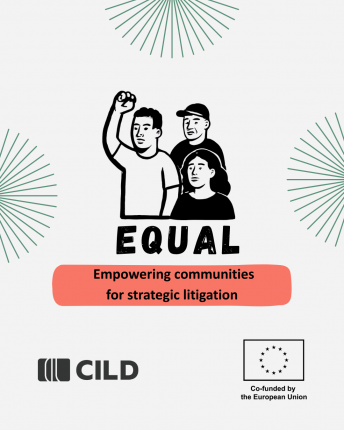
Launched in July 2025, EQUAL is an EU-funded project that supports marginalised communities and lawyers to work together to use strategic litigation as a tool for change: defending fundamental rights and combating discrimination, based on the experiences, priorities, and needs of the communities themselves.
In the Czech Republic, Greece, Hungary, and Italy, we work alongside Roma communities, people with a migrant background, and people with disabilities who face systemic discrimination and barriers to access to justice.
What does EQUAL do in practice?
Community empowerment – helping people better understand their rights and how to defend them;
Training – supporting lawyers and fundamental rights organisations in adopting a more holistic and intersectional approach in their work;
Community paralegal teams and legal clinics – creating local, accessible spaces where communities can receive early legal support and connect with legal experts.
This project is co-financed by the European Union under the Citizens, Equality, Rights and Values (CERV) programme.
STRIVE PROJECT
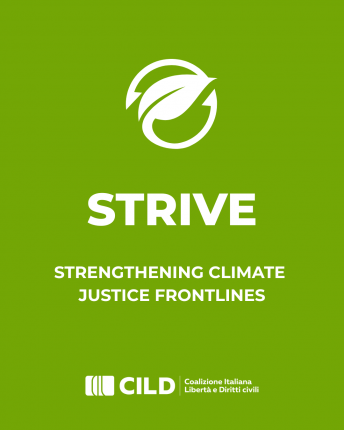
STRIVE is CILD’s new project to strengthen the climate justice frontlines in Italy and across Europe.
As the climate crisis intensifies, more and more communities are seeing their fundamental rights threatened by political inaction and environmental harm. But the law can be a powerful tool.
RULE 39 PRO BONO INITIATIVE
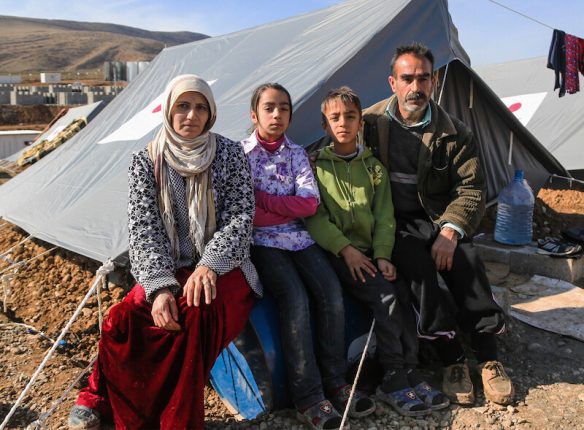
Changes in migration flows in Europe are leading to more frequent human rights violations against asylum seekers, refugees, and migrants. In response, eight international law firms, CILD, and Dr. Daria Sartori joined forces to launch the Rule 39 Pro Bono Initiative – an award-winning project through which lawyers provide pro bono legal assistance by bringing cases before the European Court of Human Rights. Since July 2024, the project has been led by Pro Iura.
ITALIAN PRO BONO COLLABORATION FOR AFGHAN REFUGEES (CIPBRA)
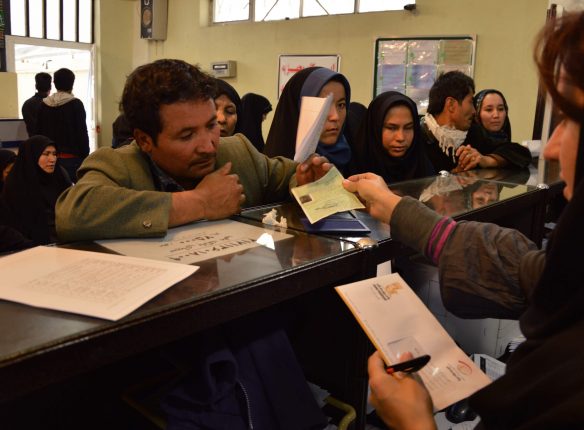
CILD regularly receives requests from Afghan refugees who need legal assistance to be granted sanctuary in Italy. In response, four international law firms and CILD united to deliver the CIPBRA initiative, aimed at providing pro bono legal advice and representation to Afghan asylum seekers seeking to access and settle in Italy. Some will be looking to reunify with family members but all will be hoping for the humanitarian assistance and care they should be afforded as refugees – the importance of which has been highlighted recently.
ADVOCACY FOR UNIVERSAL ACCESS TO COVID-19 VACCINES
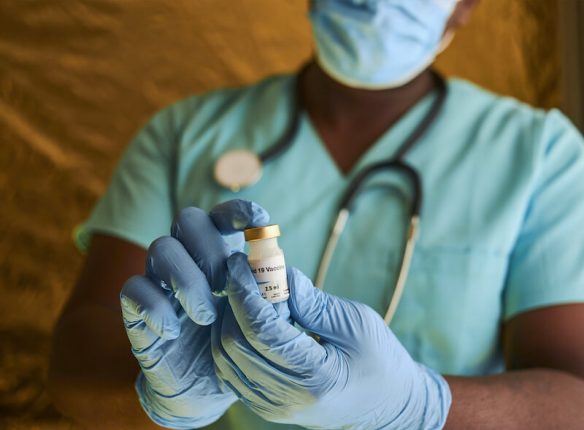
For three years, the pandemic has been ravaging societies and economies. Meanwhile, disparities in access to vaccines and other health technologies have resulted in different paths of recovery, with many countries yet to see any light at the end of the tunnel. Since 2021, CILD has joined with over 100 civil society organisations in expressing our serious concerns regarding the position of the European Commission and Italy on efforts to increase access to COVID-19 vaccines, treatment and other medical technologies by means of supporting a TRIPS waiver and has so far signed a number of letters advocating for its adoption and adoption of similar measures.
SAFEGUARDING FREEDOM OF EXPRESSION PROJECT
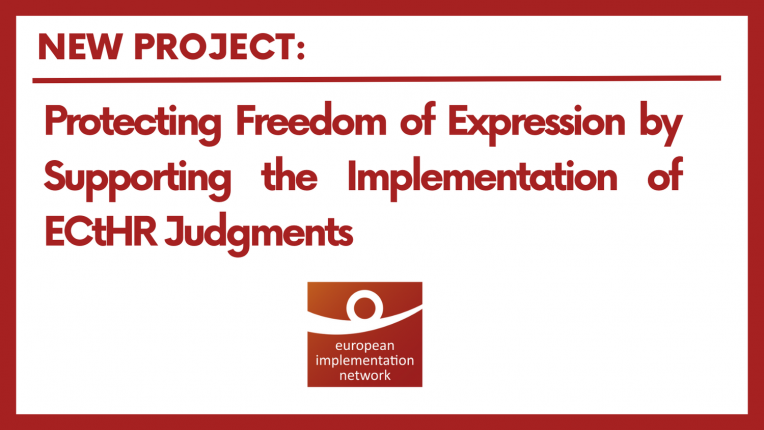
We are thrilled to announce our cooperation with the European Implementation Network (EIN)
in their new project focused on safeguarding freedom of expression in Council of Europe member States.
As a participant to this project, we are dedicated to promoting this fundamental right and the effective implementation of the relevant judgments of the European Court of Human Rights, as well as to advocating for reforms aimed at effectively protecting free speech in Italy.
DignityFIRM
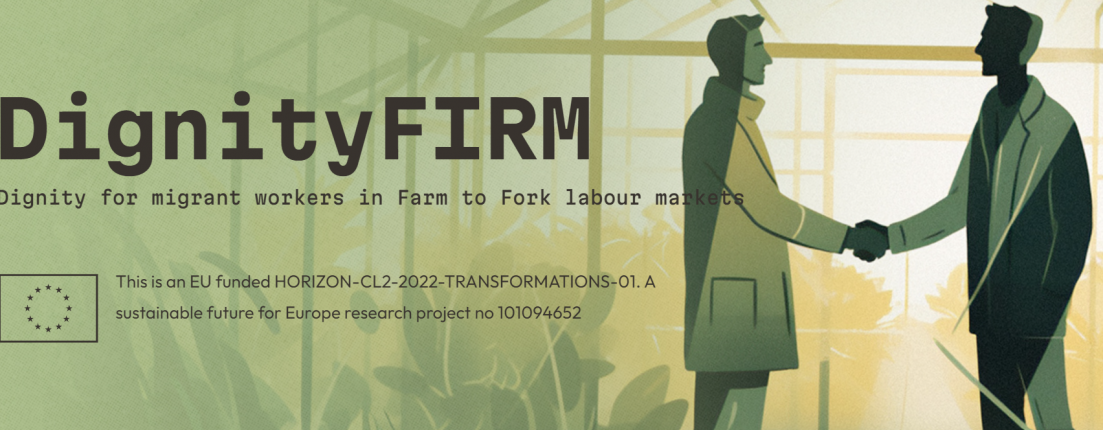
DignityFIRM is our second Horizon 2020 project – funded by the EU Horizon 2020 Research and Innovation Programme – which aims to improve conditions for migrant workers experiencing (multiple) irregularities in five selected EU Member States and two associated countries. The project also aims to promote the dignity of these workers through safe and healthy working conditions. Labour markets from FARM (agriculture and food processing) to FORK (hospitality and delivery services) offer the clearest example of how important migrant workers are to communities. Through comprehensive qualitative and quantitative research and a context-specific approach, we seek to better understand the challenges. Subsequent findings will inform the development of tools and strategies to bridge the gap between policy aspirations and the reality of migrant workers experiencing irregularities on their own skin. We propose policy changes to support migrant workers’ access to rights and services while taking into account the welfare of the receiving communities.
Most recently, together with our project colleagues, we have obtained a major publication in The Lancet, the most prestigious journal in the medical field, with the potential to influence global health policies. In the commentary entitled ‘Narrative change for inclusionary health and migration policies’ we reflect on how the series of articles ‘Addressing migration and health inequity in Europe’ in The Lancet highlights the discrepancies between the ambitions of Universal Health Coverage (UHC) and the real exclusion of many migrants from national health systems. Despite increasingly hostile rhetoric towards migrant people, we believe that UHC efforts must not only close the ‘implementation gaps’, but also challenge the narratives that fuel these discourses, with an intersectional approach.
SCUDI
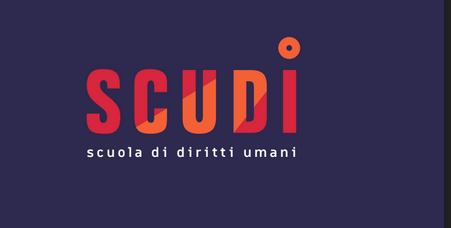
In March 2024, the project SCUDI ‘SCuola di Diritti umani’ (Human Rights School) was launched, promoted by Cittadinanzattiva and CILD, ‘strategic litigation for the protection of migrants’ rights’. This is an innovative initiative aimed at strengthening the protection of migrants’ human rights in Italy.
SCUDI is a project funded by the European Commission in the framework of the Citizens, Equality, Rights and Values Programme (CERV), and aims at developing strategic litigation capacities as a key instrument for the implementation of the Charter of Fundamental Rights of the European Union in the Italian national context. In recent years, discriminatory policies and practices have been consolidated in Italy, generating inequalities and exclusion of migrants and/or people with a migration background, with a greater impact on the most vulnerable, such as minors and women.
The Charter of Fundamental Rights of the European Union and the redress mechanisms provided by EU law are poorly known and enforced, despite the fact that there are multiple areas of application for the protection of migrants’ rights.
The SCUDI project aims to overcome this situation of systematic violation of rights through an empowerment and capacity building action addressed to civil society organisations (CSOs) engaged in the defence of migrants’ rights. The main objective of the SCUDI project is to strengthen strategic litigation capacities as a key mechanism for the implementation of the EU Charter of Fundamental Rights in Italy.
LITIS
LITIS is a international project involving the Pro Refugiu Association (Romania), the University of Bucharest (Romania), the University of Salamanca (Spain) and the Italian Coalition for Civil Liberties and Rights (CILD – Italy). The LITIS project started in March 2024 and will run until December 2025, with financial support from the European programme Citizens, Equality, Rights and Values (CERV).
This project aims to improve the protection of the rights of persons with disabilities; to enable persons with disabilities to enjoy all the rights provided by the EU Charter of Fundamental Rights and those established by other European and international legislative instruments; and to facilitate access to effective legal protection through strategic litigation when persons with disabilities are subject to multiple and intersectional discrimination. The project aims to improve the knowledge of those working for civil society organisations, human rights institutes, equality bodies, guarantor institutions, including lawyers and other rights defenders, in relation to strategic litigation, the use of the EU Charter of Fundamental Rights and other EU and international legislative instruments, in order to protect the rights of people with disabilities. The project also aims to strengthen cooperation between national stakeholders to address multiple and intersectional discrimination affecting people with disabilities.
CEPOV
The project supports European efforts to promote an efficient system for protecting the rights of and assisting victims of crime by putting them at the centre of the justice system.
The overall objective of the project is to help ensure that the rights set forth in the Victims’ Directive are operational in practice at national and European level. The project is designed to address the key priorities mentioned in the EU strategy on victims’ rights (2020-2025): effective communication with victims; improving support and protection for vulnerable victims; and improving cooperation and coordination between stakeholders. This project aims to strengthen multidisciplinary cooperation between stakeholders in order to better protect victims’ rights when accessing the justice system, through the development and implementation of strategies and tools that can strengthen national and transnational cooperation. The project activities are addressed to 5 countries (Romania, Italy, Germany, Spain, Sweden). Its target groups are ministries, government agencies, courts, police corps, bar associations, bar associations, care providers, professionals (judges, prosecutors, lawyers, police officers, social workers, psychologists, psychiatrists, etc.), victims of crime and the general public.
ACCESS
In order to defend and expand civic space, ACCESS is an enabling project that aims to raise awareness on specific issues within the catalogue of fundamental rights and to further strengthen relations between partners and their cooperation with local CSOs. Using social media monitoring, ACCESS aims to develop communication and training guides on the topic of civic space and country-specific issues: migration (Croatia), active citizenship (Hungary), racism/anti-racism (Sweden) and the right to citizenship for people with a migration background (Italy). With three specific objectives, ACCESS aims to:
- increase partners’ skills and knowledge to replicate framing workshops for selected local CSOs;
- provide communication guidelines on context-specific issues to selected local NGOs; and
- to create an EU-wide online platform, the Civic Space Action Hub (CSAH), for rights defenders to facilitate collaboration.
